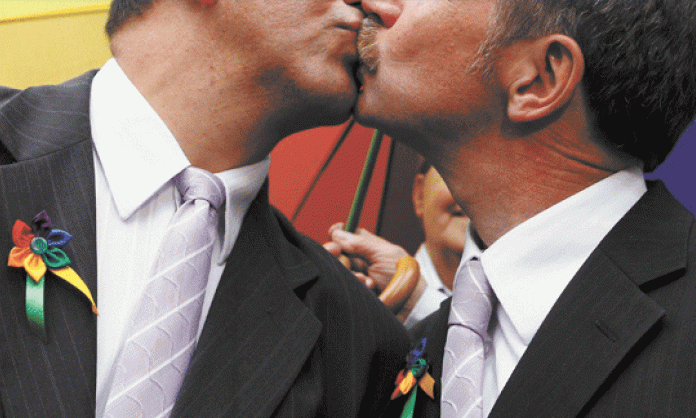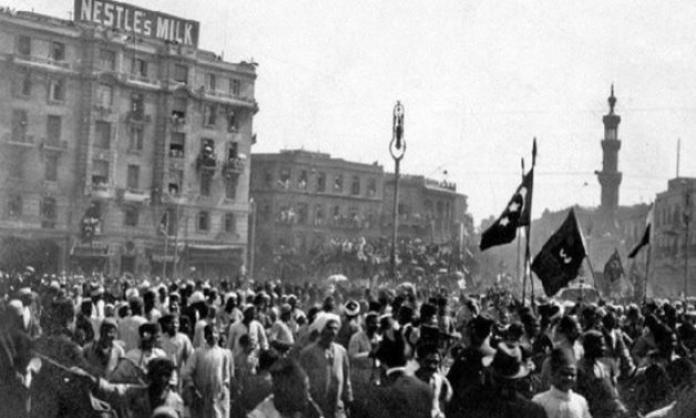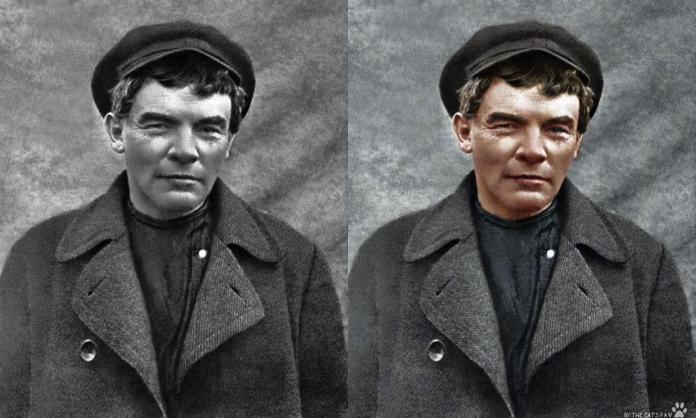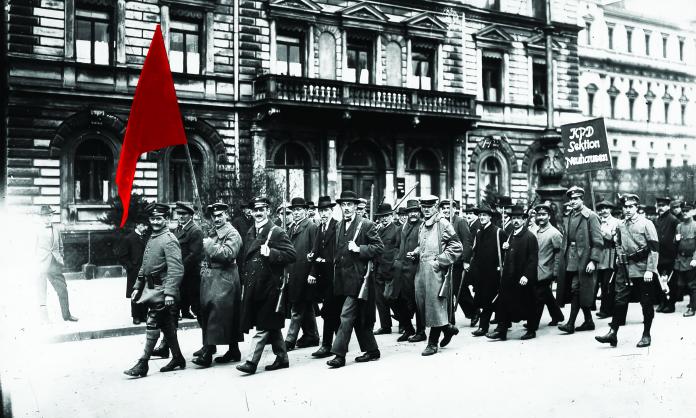While it might feel like just yesterday, 2015 marks 28 years since the tear-jerking wedding of Erinsborough teenagers Charlene Ramsay and Scott Robinson in the highest rating episode of Neighbours that has ever been aired.
Just under 20 million Britons tuned in to the spectacle, and it overnight catapulted the Holy Trinity Church in the Melbourne suburb of Doncaster to the status of most desirable wedding venue in the country.
It seems quaint today, but the wedding was not in fact a cynical ploy for ratings by the writers. Rather, it was a concession to the prevailing attitudes of the time, considered not sufficiently liberal to tolerate two unwed teenagers moving in together, as Charlene and Scott were preparing to do. The stuffy public of 1987 was simply not up to handling that sort of scandal.
In the decades since, however, we’ve seen Susan Kennedy – a married woman – become romantically involved with a priest, Toadie have at least one child out of wedlock and too many extramarital affairs to count.
Predictably, Neighbours tells us everything we need to know about life and society: marriage is an ever changing social institution that endures as a result of its capacity to adapt to the times.
This helps to explain why we now see a veritable who’s who of right wing commentators and shock jocks – Andrew Bolt, Alan Jones, Neil Mitchell – lining up to declare their support for marriage equality, along with a growing number of conservative politicians (most of whom could have saved us all an awful lot of time by not voting for homophobic discrimination in the first place).
But far from opening up an exciting new phase in the struggle for sexual liberation, these conservatives are motivated primarily by a desire to preserve and protect the sanctity of marriage and the integrity of the institution.
In the face of determined campaigning and growing public support, they are prepared to accept the extension of marriage rights to all couples on the condition that they uphold the conservative ideology surrounding marriage.
As Bolt has counselled equality advocates, “You want to own the marriage tradition? Then own its responsibilities, too. Join us in insisting on them”. To get Bolt’s support, advocates “must down their weapons and treat conservative warnings with respect, not with mockery and contempt”.
This is a longstanding pattern in the evolution of marriage as a social institution. At one time, the idea that couples would marry for love rather than on the basis of their families’ political or economic advancement was deemed a threat to the very foundations of the institution.
Later on, no fault divorce and second marriages similarly seemed to make a mockery of the marriage vow and the sanctity surrounding it. But with every incremental change, greater personal freedom was found not to represent the threat to the status quo that conservatives warned it would be.
And as the welfare state, changing work patterns for men and women and the more individualised nature of life under capitalism have reshaped the role of the family and personal life, so too have attitudes towards marriage changed, including those of its conservative defenders.
Modifications to bring marriage into line with social norms have thus had to be integrated into the legal definition of the contract, lest it lose its relevance or pre-eminence in the organisation of family life. It is no longer the case, for instance, that marriage entitles husbands to beat and rape their wives with impunity, as has been the case throughout much of the history of marriage. Women today would be much less enthusiastic about the prospect if it did.
Ironically enough, these relatively modern modifications are frequently invoked by conservatives in defence of the sacred and supposedly timeless tradition of marriage – just witness the hypocritical vitriol in the West towards cultures that continue the tradition of arranged marriages, or Bolt’s promotion of marriage as the proper expression of romantic love, something it has become only relatively recently.
Insofar as these changes to marriage provide individuals with greater freedom in their personal lives and challenge bigotry, they are of course positive. But they nevertheless take place within strict limits, and do not necessarily lessen the element of social control inherent in state regulation of personal life.
The economic and reproductive role that the family unit plays in the capitalist economy is not, for instance, fundamentally compromised by love forming its basis rather than politics or economic prerogatives.
So long as people form, or aspire to form, settled and stable units, geared towards consumption and child rearing, those looking to maintain the status quo are largely satisfied. Such a social arrangement ensures a more reliable and stable workforce for business, and adequate numbers of properly socialised workers to take their parents’ place in the future.
The fact that people today expect to find profound personal fulfilment in this activity – and that it helps to offset or distract from other grievances in their lives – means the modern family is in fact more beneficial to the powers that be than if marriage remained an economic rather than primarily emotional contract. Increasingly, the gendered composition of this family unit is not of primary importance, so long as these norms are upheld.
Which is why winning marriage equality cannot, on its own, bring real sexual liberation or an end to the stultifying and regimented nature of personal life in capitalist society. So long as the overarching imperative dictating life for the mass of working class people remains turning up to work 40 or more hours per week, with the boss dictating the entire process and impoverishment the only alternative, there cannot be real freedom for the majority in any area of life.
Fundamental social transformation that puts people’s needs at the centre of economic and political organisation rather than the prerogatives of the powerful is required before there can be genuine freedom and the true potential of human relationships can be realised.











